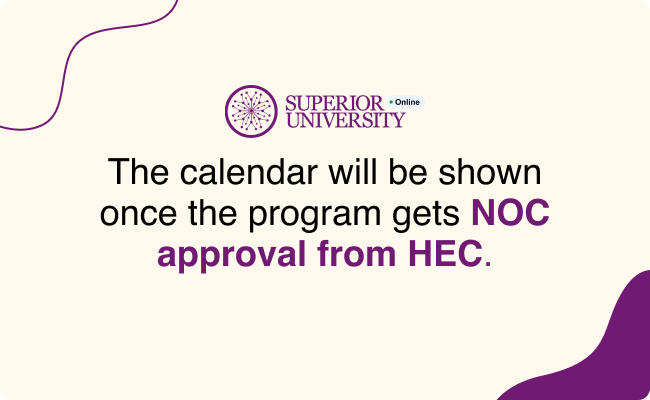The following program educational objectives (PEOs) are expected to be demonstrated by Software Engineering graduates within 4 years of their graduation. Software Engineering professionals will:
PEO 1: Apply foundational engineering knowledge to analyze and develop solutions for real-world problems in their professional roles.
PEO 2: Perform professional responsibilities with societal concern and uphold ethical conduct.
PEO 3: Exhibit effective oral and written communication of technical and managerial information.
PEO 4: Demonstrate motivation for innovation and leadership qualities in their field.
PEO 5: Continuously explore advanced engineering techniques, tools, and areas through research to contribute to organizational and academic development.
Here are the Program Learning Outcomes (PLOs) for the BS Software Engineering program, based on the provided details:
PLO 1: Investigation of Engineering Problems
Investigate complex engineering problems methodically, including conducting literature reviews, experiments, and analyzing data to derive valid conclusions.
PLO 2: Application of Fundamental Knowledge
Apply knowledge of mathematics, science, and specialized engineering fundamentals to solve complex engineering problems.
PLO 3: Problem Analysis
Identify, formulate, and analyze complex engineering problems using principles of mathematics, natural sciences, and engineering.
PLO 4: Solution Design
Design systems, components, or processes for complex engineering challenges, considering public health, safety, societal, cultural, and environmental factors.
PLO 5: Modern Tool Usage
Design systems, components, or processes for complex engineering challenges, considering public health, safety, societal, cultural, and environmental factors.
PLO 6: Teamwork and Collaboration
Function effectively as an individual and as a team member in multifaceted and multidisciplinary environments.
PLO 7: Effective Communication
Communicate complex engineering activities effectively in both oral and written forms, including reporting, documentation, presentations, and instructions.
PLO 8: Societal and Global Awareness
Use contextual knowledge to assess societal, health, safety, legal, and cultural issues in the realm of professional engineering practice.
PLO 9: Professional Ethics
Adhere to professional ethics and responsibilities in the field of engineering.
PLO 10: Lifelong Learning
Recognize and engage in lifelong learning to stay current with innovation and technological advancements.
PLO 11: Societal and Environmental Impact
Understand the impact of engineering solutions in societal and environmental contexts, demonstrating knowledge of sustainable development.
PLO 12: Societal and Environmental Impact
Apply engineering principles and management skills in a team setting, contributing as a member or leader to manage projects in a multidisciplinary environment.

